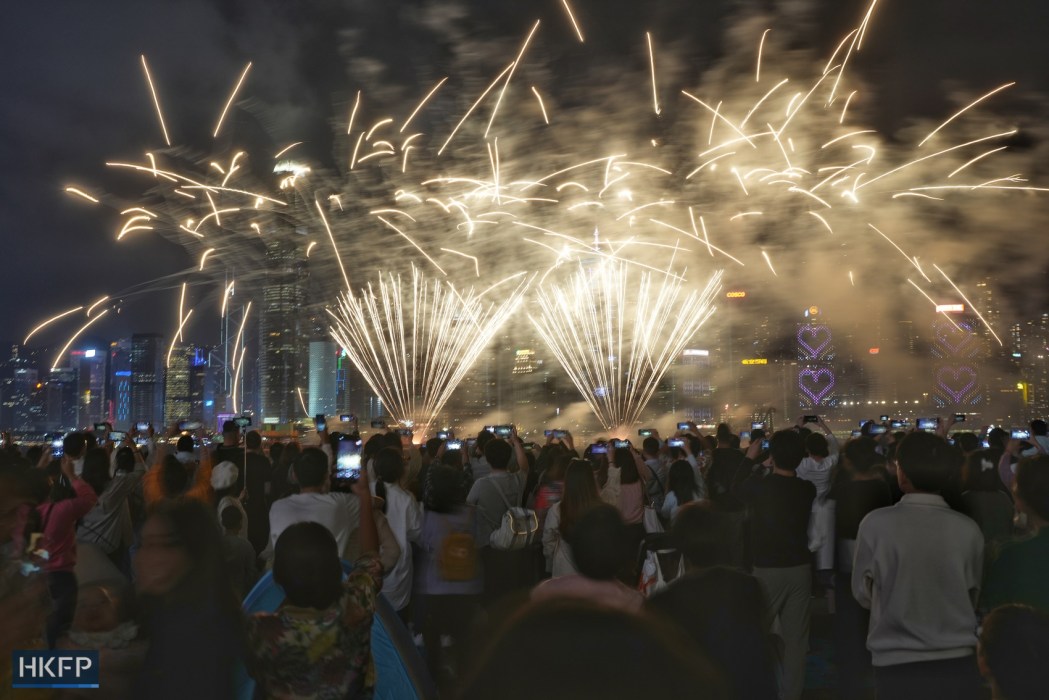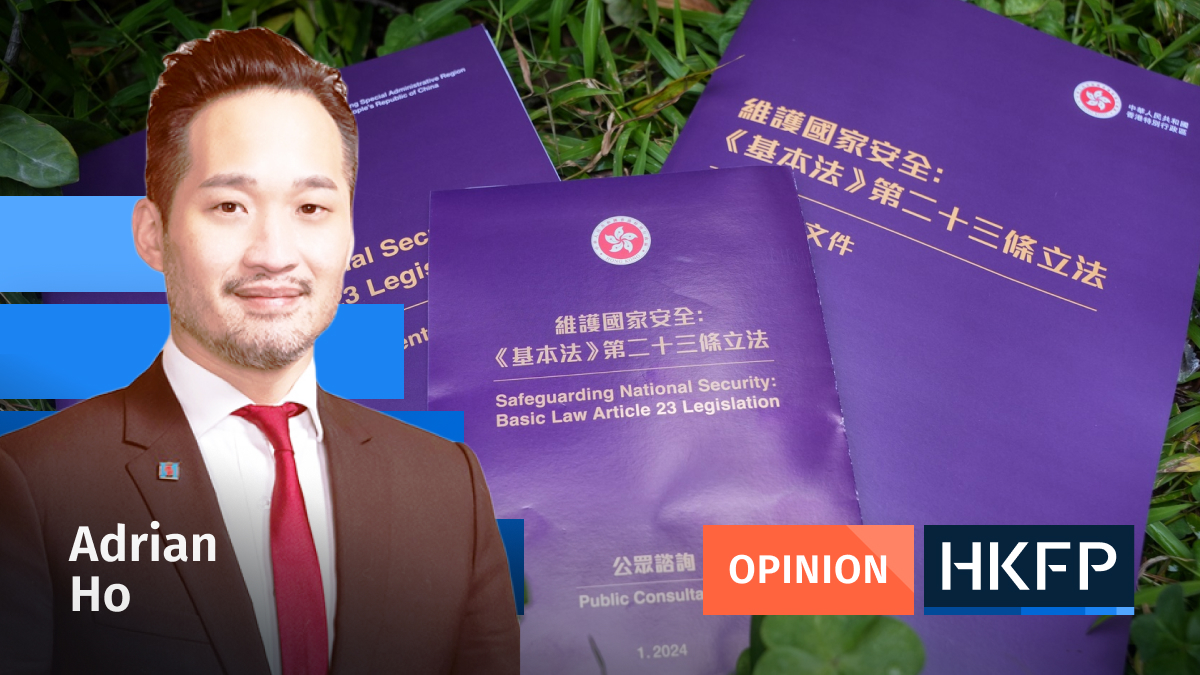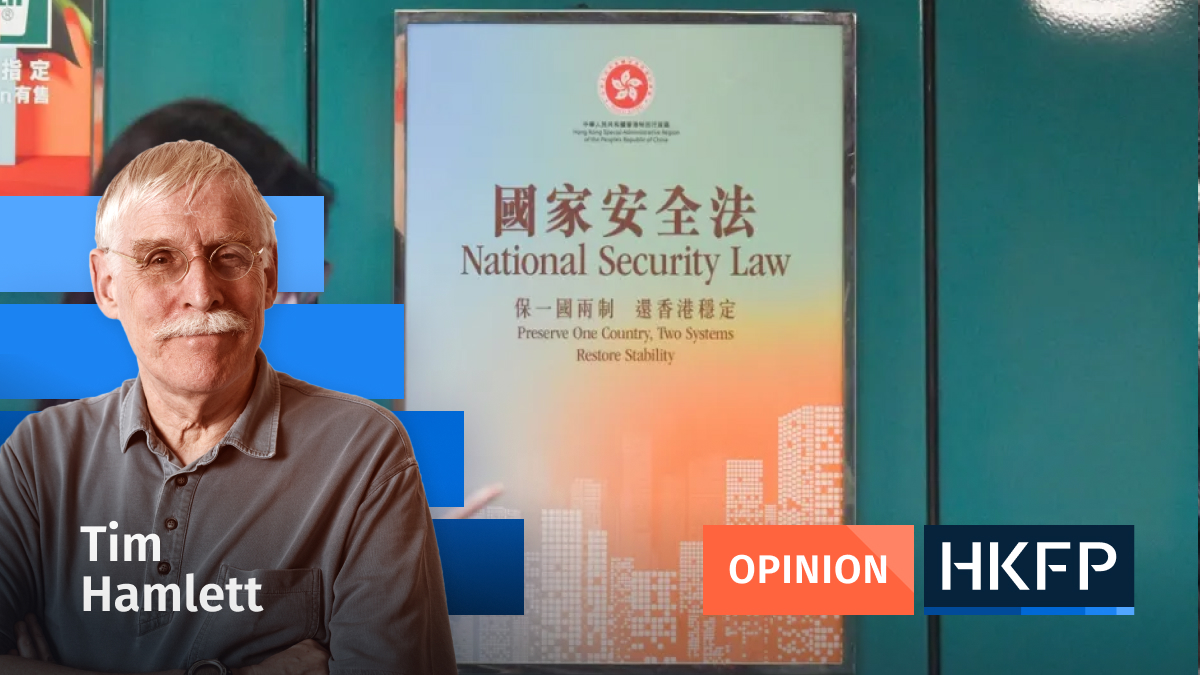By Michael Boyle & Victoria Amaral
Hong Kong has struggled to return tourism to pre-covid levels, leading to the government seeking novel strategies for enticing visitors back to the city. One of the recent suggestions is the staging of monthly fireworks displays over Victoria Harbour at the cost of HK$1 million per show, which the government hopes will persuade tourists to “stay an extra night.”

Whether or not the questionable strategy proves successful in terms of visitor satisfaction, we can be sure of one thing: its negative impact on local wildlife.
Research has shown that birds take flight en masse in response to fireworks displays in Europe. This has also been demonstrated in the USA, where scientists used radar to document 1,000 times more birds flying during firework displays on New Year’s Eve than would be expected normally.
Birds have also been recorded flying so far out to sea during fireworks displays that it would be impossible for them to make it back to shore. These effects are not localised, with significant disruption being caused to bird communities up to 10 kilometres away from the displays themselves.
Being stimulated to fly in the evening when they would otherwise be roosting is likely to be particularly harmful, as it drastically increases the chances of collision with buildings or encounters with predators. Moreover, it is known that noise pollution affects the breeding success of a wide variety of species, and monthly displays mean that it is inevitable that there will be impacts during breeding and migration seasons.

Marine animals are also incredibly sensitive to sound. Hong Kong is home to an important population of Chinese white dolphins, also called pink dolphins for the blush appearance they acquire as adults. These unique mammals hunt in the murky waters spilling out from mouth of the Pearl River and rely on echo location and sound to hunt and communicate. It has been well documented that noise pollution negatively affects these dolphins, and firework displays directly over the ocean are likely to cause significant distress.
Hong Kong’s current dolphin population is expected to stand at around 2,500 individuals, however, the numbers of young dolphins have been in steady decline in recent years. Experts predict that this worrying trend may be related to increases in marine traffic noise during breeding seasons, and any increase to existing noise pollution would almost certainly exacerbate this phenomenon.
Beyond the effects on wildlife, fireworks displays are known to cause significant distress to household pets including cats and dogs. Hong Kong is a city of pet lovers, with around 35 per cent of the population sharing their home with at least one animal.
Fireworks are among the most common cause of fear and anxiety responses in domestic dogs, which is considered a significant welfare concern.

The unexpected and particularly loud noises of fireworks can elicit responses such as trembling, salivating, hiding, destructive behaviours, loss of appetite and barking. It has also been shown that fireworks generate elevated levels of stress hormones such as cortisol in pets, which can lead to increased inflammation and general health concerns.
Locals will be up all night
Unwanted noise is irritating, but for people living close to the harbour, it can also have negative health impacts. Close to the display, firework shows can reach up to 150 decibels or louder, which can lead to hearing damage in children and adults. Low frequency sounds, primarily from the boom, can travel much farther and have been shown to create sleep disruption and increase irritation.
But noise is not the only pollutant from fireworks. Large levels of particulate matter are also released into the atmosphere after a firework show, which are inhaled before settling on the landscape and in waterways. Particulate matter is harmful to respiratory and cardiovascular systems, and long term exposure is linked to early death.

A study from the US showed that an annual holiday fireworks display caused air pollution to spike 42 per cent – a short-lived but substantial amount. Unfortunately for Hong Kong, monthly fireworks may also coincide with bad air pollution days during the dry season, which will only worsen the local air quality.
Given these well-known and obvious problems, it begs the question; who exactly was involved in the consultation process for this decision? The government has its own Environmental Protection Department which pledges to “administer robust environmental impact assessment in the planning of major projects.” Was there any environmental impact assessment? If so, will it be made public?
There is also the Agriculture, Fisheries and Conservation Department, whose job it is to “Conserve our natural environment and safeguard ecological integrity.” Did any of the trained conservation scientists and ecologists within AFCD raise concerns about the animal welfare issues related to monthly fireworks displays?
It is clear that people will have many questions about the decision making process behind these events but the biggest question of all remains; is all of this worth it just for a small number of tourists to “stay an extra night”?
Type of Story: Opinion
Advocates for ideas and draws conclusions based on the interpretation of facts and data.
Support HKFP | Policies & Ethics | Error/typo? | Contact Us | Newsletter | Transparency & Annual Report | Apps
| HKFP is an impartial platform & does not necessarily share the views of opinion writers or advertisers. HKFP presents a diversity of views & regularly invites figures across the political spectrum to write for us. Press freedom is guaranteed under the Basic Law, security law, Bill of Rights and Chinese constitution. Opinion pieces aim to point out errors or defects in the government, law or policies, or aim to suggest ideas or alterations via legal means without an intention of hatred, discontent or hostility against the authorities or other communities. |
Help safeguard press freedom & keep HKFP free for all readers by supporting our team

More HKFP OPINION:
HKFP has an impartial stance, transparent funding, and balanced coverage guided by an Ethics Code and Corrections Policy.
Support press freedom & help us surpass 1,000 monthly Patrons: 100% independent, governed by an ethics code & not-for-profit.










